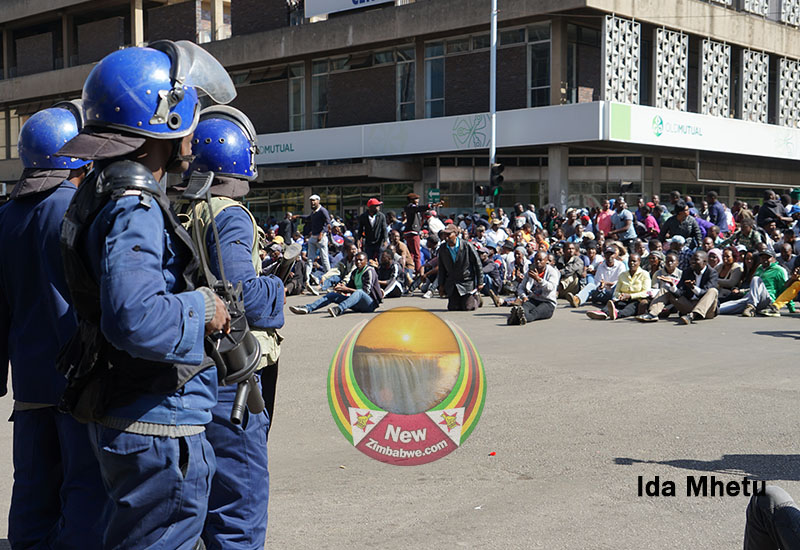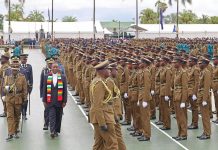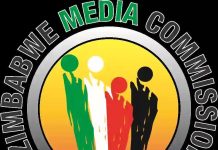JOURNALISTS have demanded the removal of clauses in the Zimbabwe Media Commission Bill that give police powers to investigate matters being handled by the regulator.
In submissions made before the Parliamentary Committee on Media during hearings on the new Bill, media practitioners in Harare, Friday want compensation for wrongful arrest of journalists.
Police have over the years been accused of targeting journalists for abuse, arrests, detentions and harassment during the course of their duties.
Section 10 (4) of the bill allows participation of police in the investigation or inquiry converting a civil matter into a criminal procedure without the accused having proper representation. It also provides for the criminalisation of the profession.
Nigel Nyamutumbu of Media Alliance of Zimbabwe (MAZ) said this bill should consider giving self-regulation to journalists to promote professionalism.
“The Bill has to give life to self-regulation in recognition that journalists can regulate themselves. Secondly the issue around independence of the Commission wherein the Bill entrenches executive powers on the operations of the Commission is not in sync with good corporate governance.
“The Bill suggests the Commission can initiate investigations on its own and our submission is that the power should be vested in the citizens and not the Commission because it becomes a referee and player,” said Nyamutumbu.
Nyamutumbu added: “The Bill should remove all provisions that criminalise free expression and the composition of the Commission itself should be by the people who have practised, who have journalistic background.”
MAZ according to Nyamutumbu is also pushing for self regulation or if not then a dual mechanism.
“We are pushing for a converged regulatory framework where we are saying that there should be one agency that regulates journalists and also through the self-regulatory mechanism. We know that journalists someone that earns and make a living through journalism and subscribes to a code of conduct and been trained as such,” he said.
Media Law expert Chris Mhike said the bill should do away with issues of multiple accreditation.
Journalists have to accredit with ZMC and a number of other bodies including Zimbabwe Electoral Commission (ZEC) and the local football premiership if they intend to cover their events.
“The Bill should do away with multiple accreditation, because they seem to be more than just for administration reasons,” he said.
ABC Communications chief executive officer Susan Makore weighed in: “Companies pay 0.5% of their revenue to ZMC and they also pay registration fees, I think that money should then be used to fund media organisations.”
Filbert Kufainyore a Harare based young journalist suggested there should be compensation for unwarranted arrest by police.
“The bill should make sure that there is compensation to journalists in cases where a journalist has been arrested and later on found innocent. There should be compensation in form of money and the individual who would have arrested the journalist must be held personally accountable,” said Kufainyore.
The ZMB bill was gazetted by the government to replace the highly criticised Access to Information and Protection of Privacy Act (AIPPA).






